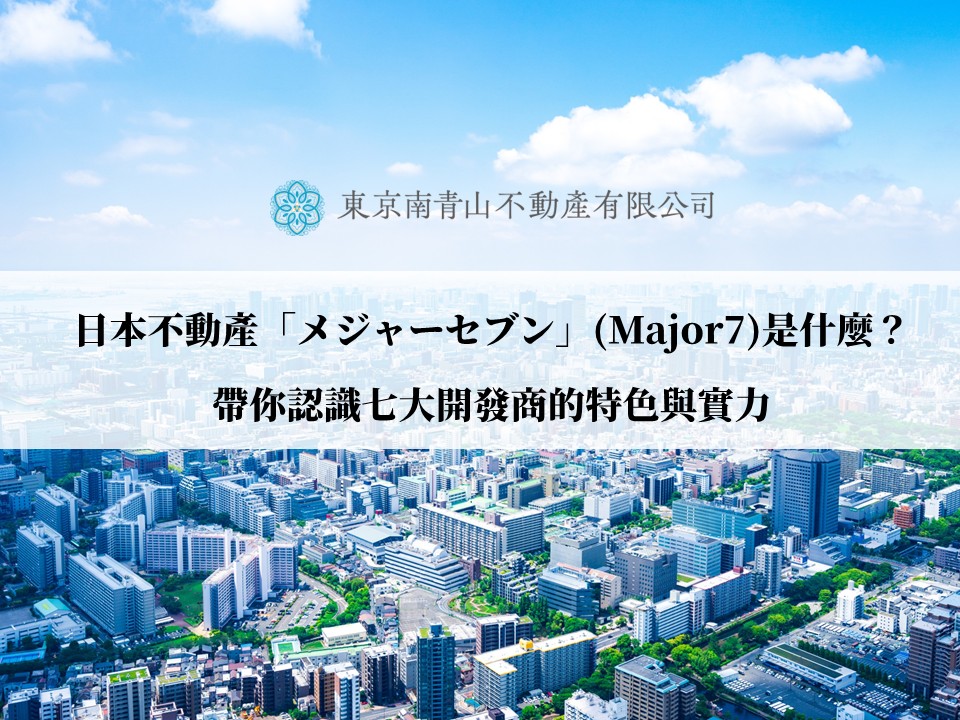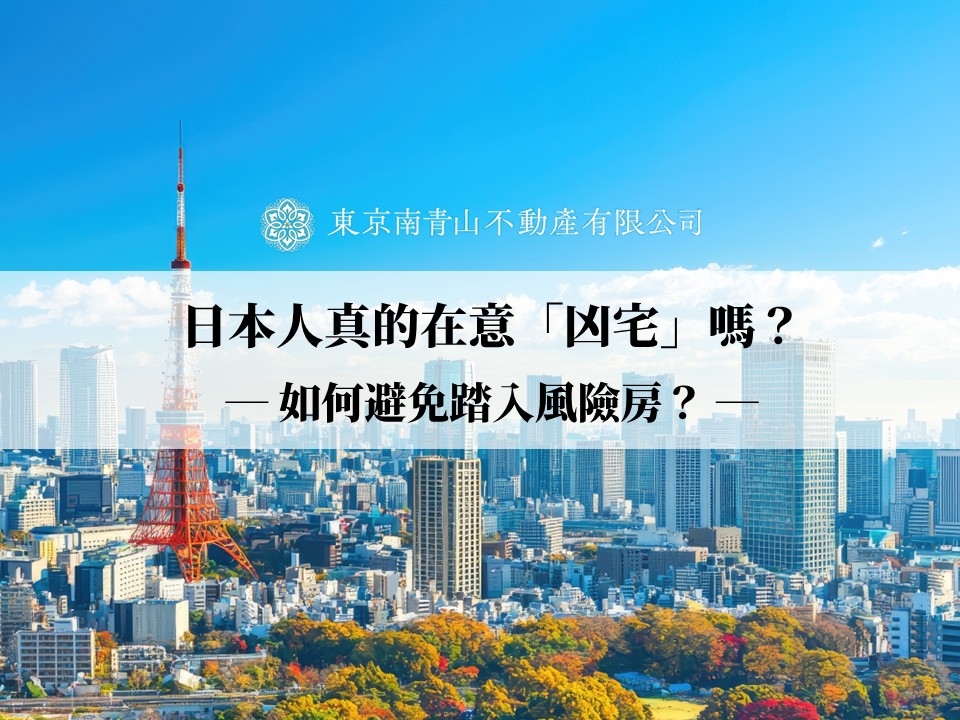Most of the words used in property sales and rentals are not commonly heard in everyday life, and when you hear or receive an explanation, you may wonder, "What does this mean?"
This time, we would like to introduce you to some of the most commonly heard terms that foreign tenants and property owners often ask to us.

Buying and Selling
Non-Rebuildable (Sai Kenchiku Fuka:再建築不可).
The term refers to land on which it is not possible to build a new building once the current building has been demolished.
They can however renovate existing buildings. In addition, it may be possible to rebuild by fulfilling the road access obligation, which states that the land must be bordered by a road at least 2 m wide and 4 m long.
Leasehold Rights (Shakuchi Ken:借地権).
The right to rent land by paying what is called 'ground rent' to the owner of the land, called the 'landlord', in order to own a building.
There are two types of leasehold rights, divided by the terms of the right.
・Superficies: The right that the lessee can transfer and lease the land to a third party without the consent of the landowner.
・Land Lease Rights: rights that can be transferred and leased to third parties with the consent of the landowner.
Land lease rights have a contractual term. It is often renewable and the land may be leased on a semi-permanent basis.
Rental Edition
Lease Guarantor Company (Chintai Hosho Gaisha:賃貸保証会社)
A company that guarantees a tenant's rent to the owner. Payment is made on behalf of the tenant if the tenant is unable to pay the rent due to circumstances. This is used when it is not possible to ask parents or relatives to act as a 'joint guarantor', and in recent years the use of a guarantee company has become mandatory in many properties, and the number of cases of use is increasing.
Initial Costs (Shoki Hiyo:初期費用)
Costs incurred when signing a contract and moving into a rental property. Generally, they include deposit, key money, agency fees, advance rent and fire insurance premiums.
Deposit (Shiki Kin:敷金)
A deposit is an amount of money given by the tenant to the landlord to cover any unpaid or non-payment of rent, or to repair any damage or spoiling that may have occurred during the tenancy.
It is refunded when the tenant moves out, after the condition of the property has been checked and the cost of restoring the property to its original condition has been deducted.
Key Money (Rei Kin:礼金)
The amount of money paid to the lender as gratitude for granting the property to you. Unlike a deposit, it is not generally refundable.
Standard Lease Agreement (Futsu Shakka Keiyaku:普通借家契約)
This is a tenancy contract with a fixed term of at least one year and is renewable. Basically, it is renewed on the same terms and conditions as long as the contract is not terminated. Generally, the contract is for a period of two years.
Fixed Term Lease Agreement (Teiki Shakka Keiyaku:定期借家契約)
Contrary to a standard lease agreement, a fixed term lease agreement is one that has a fixed contract term and cannot be renewed.
In principle, it is not possible to terminate a fixed term lease agreement in the middle of the contract period. Further, if the parties wish to continue renting or leasing the place after the expiry of the contract, they need to sign another contract instead of renewing the contract upon mutual agreement.
Renewal Fee (Koh Shin Ryo:更新料)
The amount of money that arises when the term of the contract is renewed in the above-mentioned standard lease agreement. A tenant pays this 'renewal fee' to renew the term of the contract and can then continue to rent the property.
Subleasing (Sabu Risu:サブリース)
Housing management companies rent out flats, condominiums and other housing units from their owners in bulk, which are then further leased to tenants.
The owner has the advantage of receiving rental income regardless of whether or not there is a vacancy, but it is necessary to clarify with the operator about vacancy management, and other matters.
Tax Agent (Nohzei Kanrinin:納税管理人)
A person who carries out tax payment procedures in Japan on behalf of an overseas resident. A tax manager also files income tax returns and pays inheritance and property taxes on behalf of an overseas resident. Japanese income tax and consumption tax are levied on "income from sources within Japan".
・In case you own real estate in Japan and have income from it.
・If case you are liable to pay inhabitant tax, property tax, etc.
・In the event that taxes on inheritance or gifts are incurred.
・Income earned before departure from Japan.
・Sale of equity shares.
・Receiving royalties from a company in Japan.
You will need a tax manager if any of the above apply to you.
Conclusion
Real estate terminology has many special and difficult words even in the native Japanese people's standard. It is best not to leave unfamiliar terms and things you don't understand as they are, but to ask questions to the person in charge each time you need to know them.
For any questions or concerns regarding these matters, please contact Minami Aoyama Real Estate, which is "No. 1 in real estate problem-solving ability based on our accumulated know-how".
Minami Aoyama Real Estate has branches not only in Japan but also in Taiwan and Hong Kong and has been in contact with many non-Japanese investors and people who wish to live in Japan.
We have dealt with clients from more than 50 countries. Making full use of our accumulated know-how, we will continue to solve your real estate problems together with you.
We look forward to serving you











